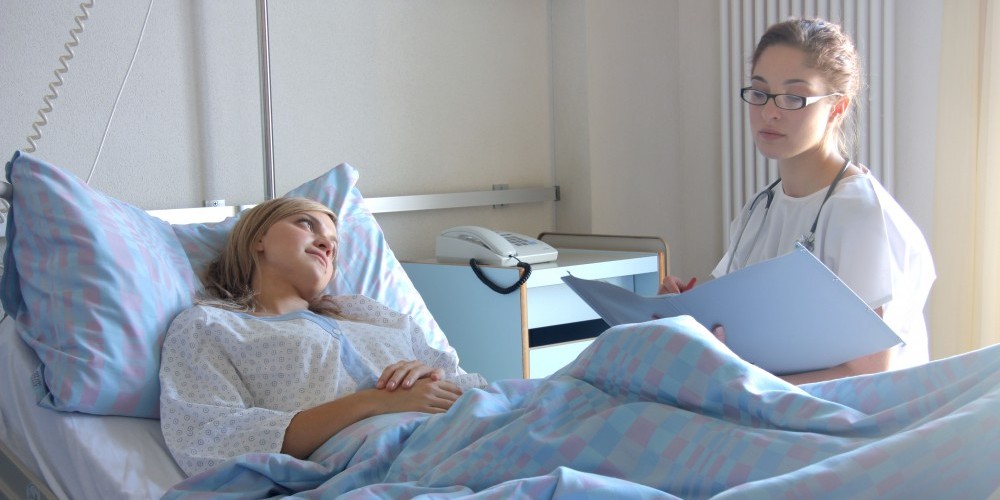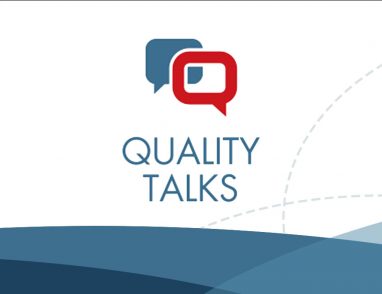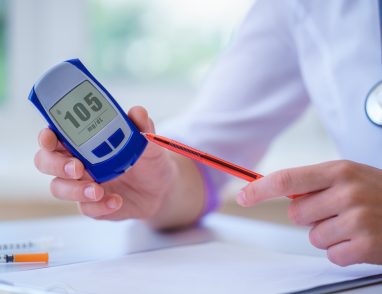Tracking Hospital Readmission – Saving Lives and Money
March 24, 2016 · NCQA Communications

We are glad to see the attention to tracking hospital readmission measures in Tim Casey’s article in Cardiovascular Business. Tim’s piece focuses on PCI or percutaneous coronary intervention readmission to measure and improve the value of cardiology care.
At NCQA, we are tracking hospital readmissions too. However, the NCQA HEDIS measure is for “all-cause” readmission, meaning PCI, plus other illnesses that might put a patient back into the hospital.
We’ve been measuring and reporting hospital readmissions since 2011 and still there’s plenty of room for improvement. Before we get into that, let’s talk about what a “readmission” is.
What is a Hospital Readmission?
A “readmission” occurs when a patient is discharged from the hospital and then sent back into the hospital within a short period of time. For the NCQA quality measure that looks at all causes of readmissions, that’s 30 days.
As you can imagine, going back into the hospital is not only expensive, it’s very upsetting to the patient and their family. No one likes going into the hospital, right?
So what does a Hospital Readmission tell us?
Frequent patient readmissions may indicate a few things, including:
- Inadequate quality of care in the hospital.
- A lack of appropriate post-discharge planning and coordination.
Take a look at these sobering stats
When we were designing our all-cause measure of readmissions, we learned disturbing facts:
- Approximately 3.3 million adults are readmitted to a hospital within 30 days in the United States, contributing to $41.3 billion in hospital costs.
- Medicare beneficiaries account for the largest proportion of readmissions (55.9 percent) and costs associated with readmissions (58.2 percent).
- About 23 percent of readmissions are preventable.
- Post-discharge follow-up programs can reduce readmissions by 22 percent–30 percent.
This is why NCQA cares
There’s no question preventing unplanned re-hospitalizations will save money. But most importantly, consider the human toll. Unplanned re-hospitalizations are associated with higher death rates and yet are often avoidable. We can prevent hospital readmissions by standardizing and improving coordination of care after patients are discharged from the hospital and increasing support to help patients manage their own care at home.
Thanks to Cardiovascular Business for highlighting the importance of tracking PCI readmissions as a way to improve cardiology care. We agree measuring hospital readmissions and acting on the findings are key to improving health care.








